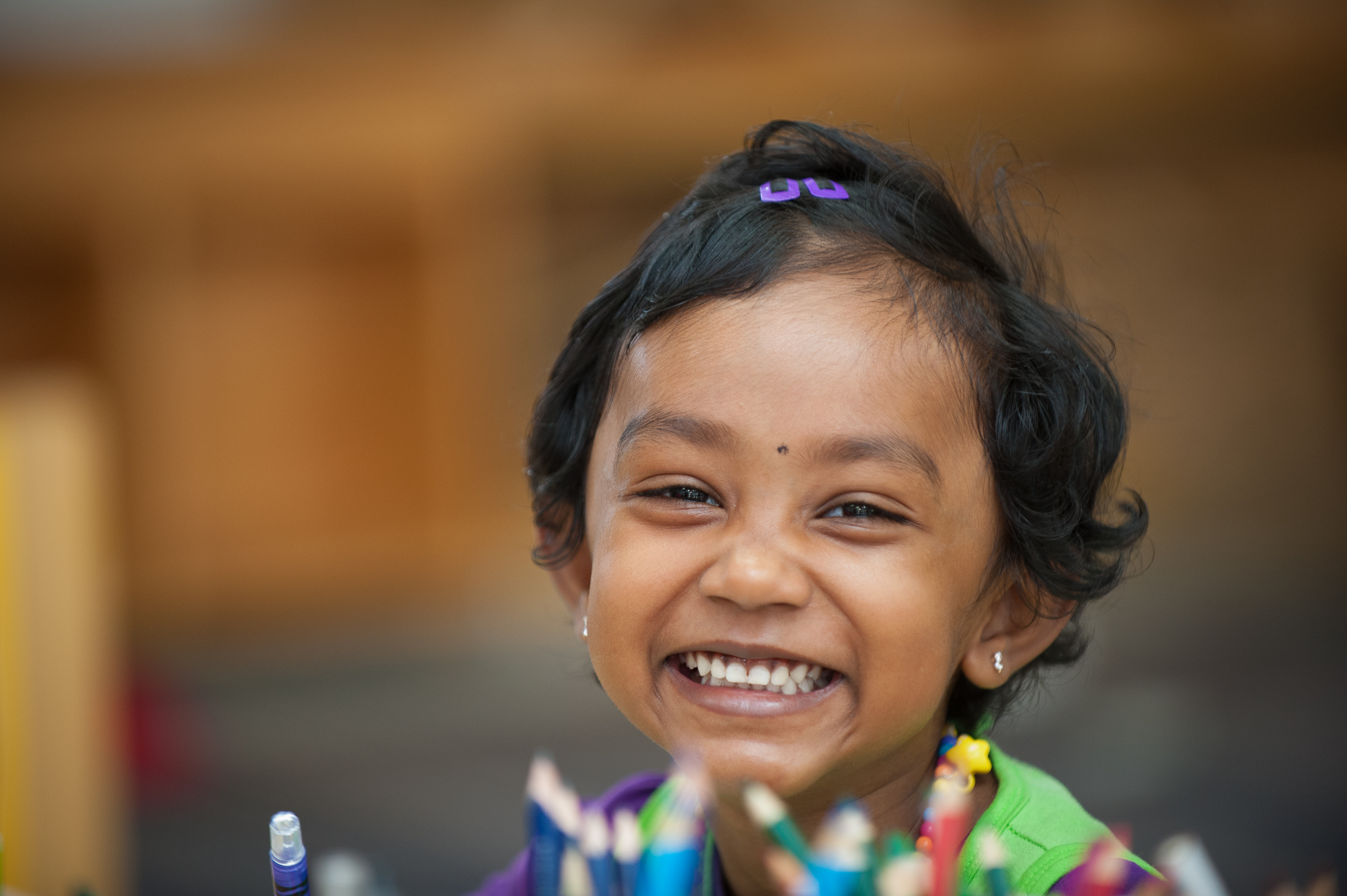Resources
Children and families prevention and early intervention
Overview
Prevention and early intervention programs are critical in reducing the costs of crisis services, such as those associated with the child protection system. They also provide many benefits – support linking people to training and work, help securing a home, practical parenting support, and help navigating the school system.

Child and Family Reform
The Commission of Inquiry into the Queensland Child protection System has led to a number of reforms.
The Queensland Government is transforming the state’s child protection and family support system to help families care for their children and make Queensland the safest place in Australia to raise a child. The Government aims to build a new child and family support system that will have a greater focus on supporting families in providing safe homes for their children. The new system will be based on the recommendations outlined in the final report of the Queensland Child Protection Commission of Inquiry.
Through this reform, the Queensland Government aims to reduce the number of children and young people in the child protection system, revitalise frontline services, and refocus on learning, improving and taking responsibility for a better child protection system.
On 25 July 2019, the Queensland Government released Supporting Families Changing Futures 2019-2023 – The Queensland Government’s plan for helping Queensland children, young people, parents and families experiencing vulnerability, a five year, whole-of-government strategy for the final stage of the 10-year child and family reform program.
This plan builds on the strategic direction published in the Supporting Families Changing Futures: 2018 Update and outlines the priorities for the final stage of the reform program.
The strategy is centred around wellbeing outcomes. Taking a wellbeing approach better articulates the work of the Queensland Government while making outcomes more meaningful for children, young people and families experiencing vulnerability. Ultimately, this approach aligns with the Government’s Future State: Advancing Queensland’s Priorities.
Key focus areas for 2019-2023 include:
- promoting a whole-of-government approach towards meeting the needs of Queensland children, young people and families experiencing vulnerability and enhancing the shared responsibility objective of the reform program
- increasing reach and effectiveness of family support services to help more families earlier and reduce the number of families escalating into the child protection system
- enhancing and strengthening cross-agency responses to address the wide-ranging needs of families, children and young people experiencing vulnerability
- continuing to reduce the disproportionate representation of Aboriginal and Torres Strait Islander families, children, and young people in the child protection system
- increasing and enhancing types of care to not only meet projected demand but to meet the needs of children and young people in care more effectively
- strengthening support for carers and kin.
For more information:
- Queensland Government’s Supporting Families Changing Futures
- Subscribe to the Supporting Families Changing Futures monthly e-newsletter
Our Way Strategy and Action Plan
Delivering the best possible outcomes for Aboriginal and Torres Strait islander children and families is one of the Queensland Government’s highest priorities.
To achieve this, the Government, in partnership with Family matters and community organisations, has released Our Way: A generational strategy for Aboriginal and Torres Strait Islander children and families.
Guided by Aboriginal and Torres Strait Islander perspectives, Our Way seeks to work differently together to improve life opportunities for Queensland’s vulnerable Aboriginal and Torres Strait Islander children and families. A key commitment in Supporting Families Changing Futures, Our Way represents a fundamental shift in how child protection, family support and other services work with, and for, Aboriginal and Torres Strait Islander children and families.
For more information visit the Supporting Families, Changing Futures webpage or the Department of Children, Youth Justice and Multicultural Affairs
Family and Child Connect
Community-based intake and referral training resources
Community-based services, known as Family and Child Connect, were rolled out across Queensland in 2015 as part of the Supporting Families Changing Futures reforms to Queensland’s child protection system.
These services support families who are at risk of entering or re-entering the child protection system to get them back on track before their problems escalate.
Families in need of support are able to contact Family and Child Connect for assistance. When professionals such as teachers, health workers, police and members of the community have concerns about a child’s wellbeing, they can refer the family to Family and Child Connect for information, advice, and engagement instead of Child Safety.
The following videos help explain how the new Family and Child Connect services will operate. Further information and resources are available on the Supporting Families Changing Futures website.
Child Protection Act 1999 (updated in December 2017)
An introduction to the Child Protection Act 1999, its principles and key definitions.
Mandatory reporting (updated in December 2017)
An overview of the legislative framework for reporting child protection concerns in Queensland, including mandatory reporting obligations.
About Family and Child Connect (updated in December 2017)
An overview of Family and Child Connect and an introduction to how the service will operate.
Looking for more information about children and families?
Immigrant Women’s Support Service
IWSS works with women and children of non-English speaking backgrounds who are or have been in violent domestic situations, experienced rape and/or sexual assault.
Brisbane Domestic Violence Advocacy Service
BDVAS is a community-based organisation that provides a free and confidential advocacy and support service for women, children, family members and individuals affected by domestic and family violence in the Brisbane Metropolitan area.
Queensland Aboriginal and Torres Strait Islander Child Protection Peak
QATSICPP was formed in May 2004 in response to the report by the Crime and Misconduct (CMC) Inquiry. It highlighted that the rights and interests of Aboriginal and Torres Strait Islander children, young people, and their families and communities, should be represented effectively.
Secretariat of National Aboriginal and Islander Child Care
SNAICC is the national voice of Aboriginal and Torres Strait Islander children.
Department of Children, Youth Justice and Multicultural Affairs
The vision of the department is that Queensland children and young people are cared for, protected, safe and able to reach their full potential.
National Association for Prevention of Child abuse and Neglect
NAPCAN provides information, programs, resources, and advocacy to policy makers in the prevention of child abuse and neglect.
Peakcare is the peak body for child protection and family support agencies in Queensland.
The National Workforce Centre for Child mental health provides free access to prevention and early intervention workforce development, both online and face-to-face.
If you are a professional in a health, social or community service setting who works with children (0-12 years), with adults who are parents or carers, or with families, you are in a unique position to make a difference to children’s mental health.
Blue Card Services keeps Queensland safe by assisting organisations to be child-safe and screening people who work with children.
